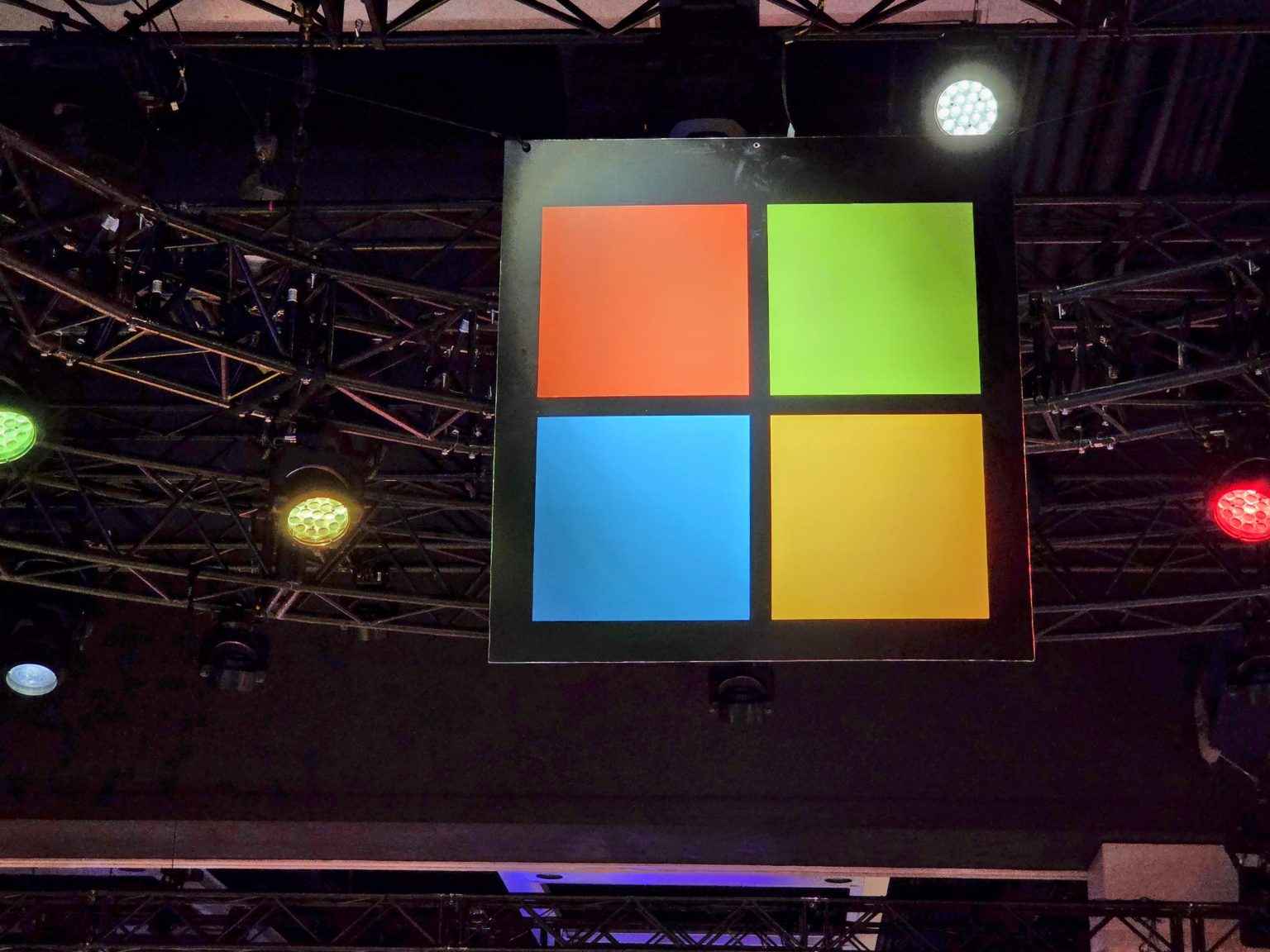Microsoft’s Strategic Partnership with Nebius Group: A Landmark Deal in Cloud Computing
In a significant move that underscores the escalating demand for cloud computing and AI infrastructure, Microsoft has inked a substantial deal with Nebius Group N.V., a spinoff of Russian tech giant Yandex. Announced on September 8, 2025, this partnership is valued at up to $19.4 billion and represents one of Microsoft’s largest investments in expanding its data center capacity. The agreement, which extends through 2031, will see Nebius providing dedicated GPU infrastructure to Microsoft from its new state-of-the-art facility in New Jersey, with operations set to commence later this year. This collaboration highlights the growing importance of specialized computing resources in the rapidly evolving technological landscape, where processing power has become as valuable as traditional natural resources.
The timing of this partnership is particularly noteworthy as it comes during a period of unprecedented expansion in Microsoft’s cloud infrastructure investments. Just two months prior, in July 2025, the tech giant had announced plans to invest more than $30 billion in capital expenditures for the current quarter alone—a record-breaking figure that demonstrates Microsoft’s commitment to maintaining its competitive edge in the cloud services market. The Nebius deal represents a strategic component of this broader investment strategy, allowing Microsoft to rapidly scale its computing capabilities without the time-consuming process of building new facilities from the ground up. By leveraging Nebius’s specialized GPU infrastructure, Microsoft aims to enhance its ability to meet the growing demand for AI-driven applications and services that require immense computational resources.
What makes this partnership particularly interesting is the background of Nebius Group itself. As a spinoff of Yandex, often referred to as “Russia’s Google,” Nebius brings considerable expertise in high-performance computing and data center operations. The company has strategically positioned itself in the U.S. market with its New Jersey facility, representing a significant shift from its Russian origins. This transcontinental business development speaks to the increasingly global nature of the tech infrastructure market, where expertise and capacity are sought regardless of geopolitical boundaries. For Microsoft, the partnership provides access to specialized knowledge and resources that complement its existing infrastructure, potentially accelerating its capabilities in supporting advanced AI applications and services.
From a market perspective, this deal signals the intensifying competition among tech giants for computing resources, particularly GPUs (Graphics Processing Units) that have become essential for training and running advanced AI models. With companies like Microsoft, Google, Amazon, and Meta all racing to secure these critical components, partnerships with specialized providers like Nebius have become a vital strategy for ensuring adequate capacity. The $19.4 billion valuation of this agreement reflects not just the volume of computing power being acquired but also the premium now attached to these resources in a market where demand consistently outpaces supply. For business observers, this represents a continuation of the trend where computing power is increasingly treated as a strategic asset worthy of massive investment.
The implications of this partnership extend beyond just Microsoft and Nebius. For the broader tech ecosystem, such massive investments in computing infrastructure suggest that we are entering a new phase of the AI revolution—one where the barriers to entry are increasingly defined by access to computational resources rather than just software expertise or data assets. Small and medium-sized companies may find themselves at a growing disadvantage as the costs of developing and deploying advanced AI systems continue to rise. Additionally, this concentration of computing power among a handful of tech giants raises important questions about the future of innovation and competition in the technology sector, potentially necessitating new approaches to regulation and market governance.
Looking ahead, the Microsoft-Nebius partnership may represent just the beginning of a new wave of strategic alliances and investments focused on expanding AI computing capacity. As businesses and consumers increasingly rely on AI-powered services for everything from content creation to business analytics, the demand for the underlying computational resources will likely continue to grow exponentially. Microsoft’s willingness to commit nearly $20 billion to this single partnership suggests that the company sees access to specialized computing resources as essential to its long-term competitive strategy. For industry watchers, this deal serves as a powerful indicator of how seriously major tech companies are taking the AI revolution and the lengths to which they are willing to go to position themselves advantageously in this rapidly evolving landscape.


